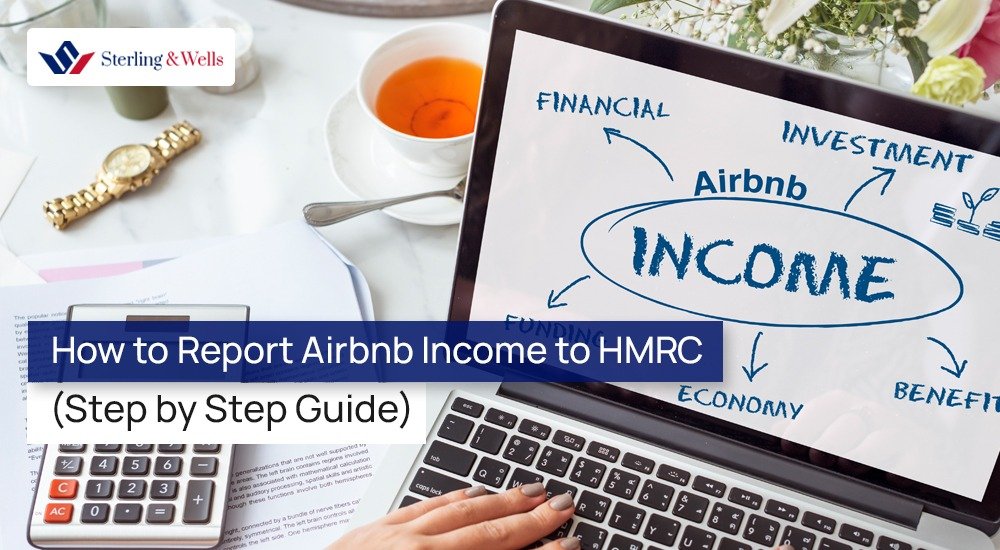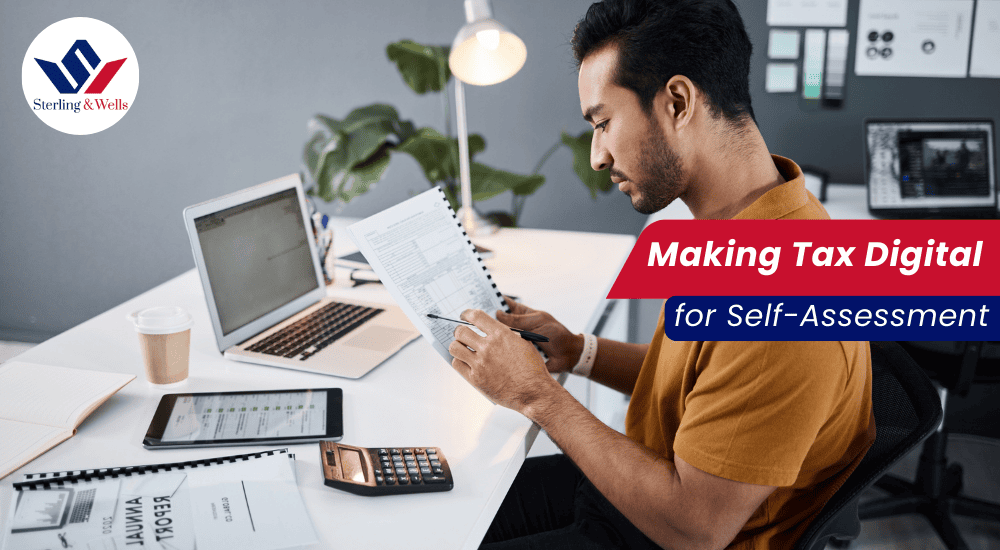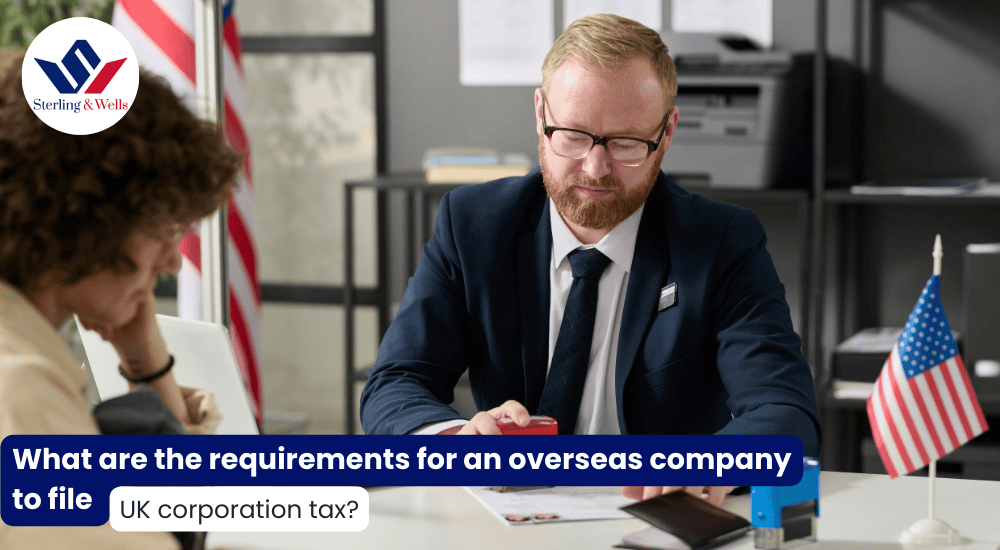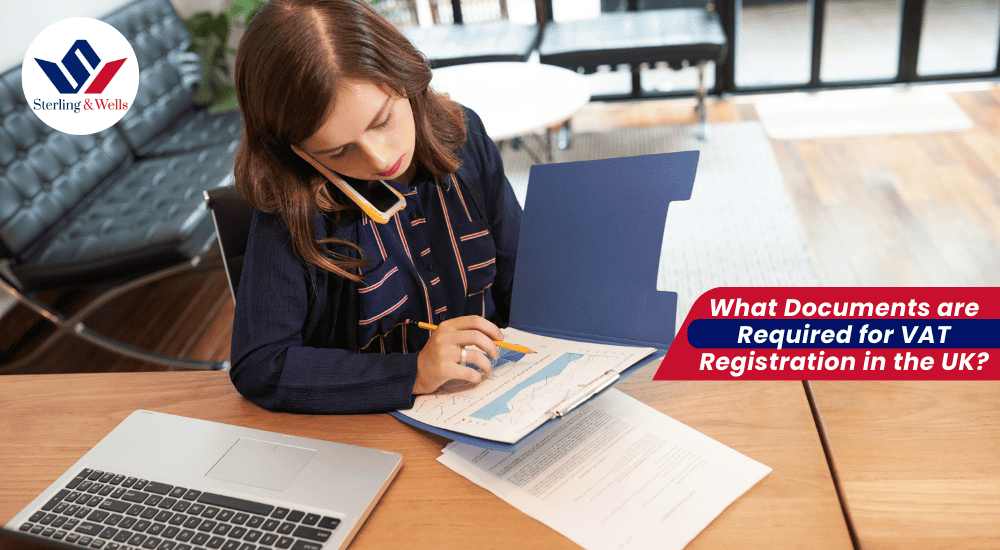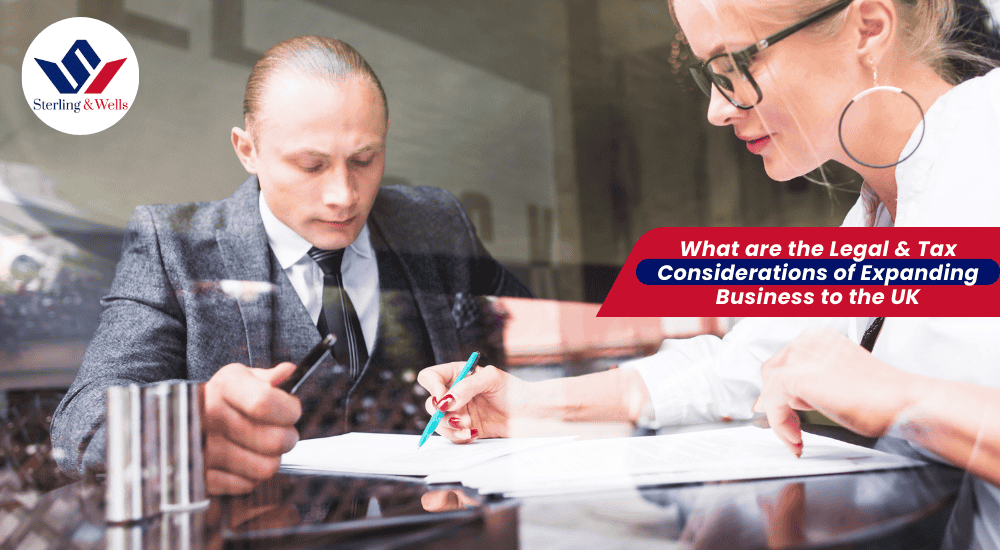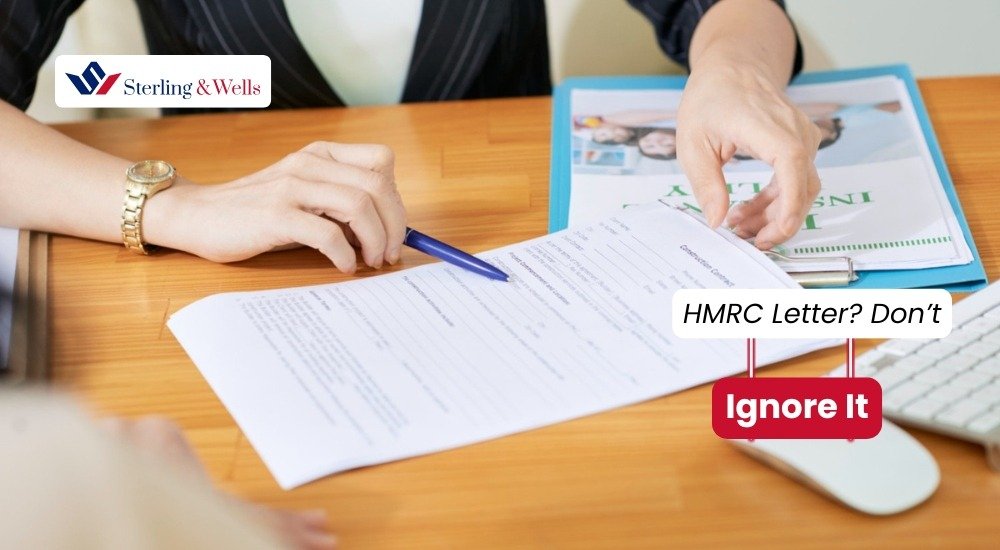Navigating the world of Airbnb hosting in the UK comes with plenty of exciting opportunities and just as many responsibilities. If you rent out a spare room, a second home or even multiple properties, one of your most important duties is to report Airbnb income to HMRC accurately.
As the government tightens its grip on short-term lets and digital platforms share more data with tax authorities, it’s never been more crucial to understand exactly how to report Airbnb income and get it right the first time.
Why Reporting Airbnb Income Is Non-Negotiable
Since 2024, HMRC has been receiving annual data from Airbnb and other property platforms, making it nearly impossible for hosts to hide taxable profits. Whether you view your hosting as a business or just a side hustle, you must report Airbnb income, even if you also have a main job, a pension or other sources of earnings.
This not only keeps you on the right side of the law, especially with the new Making Tax Digital regime, but also allows you to claim all available deductions and allowances, so you avoid unnecessary penalties and minimize your tax bill.
What Counts as Airbnb Income for Tax Purposes?
The first step to comply with HMRC rules is figuring out exactly what you need to report. Simply put, you must report Airbnb income that you receive from any short-term letting, even casual or occasional stays. This includes:
- Rent collected from guests occupying your Airbnb property
- Fees paid for cleaning, breakfast or any additional services
- Money received from other platforms for short lets
- Any rental earnings that push you over the tax-free property allowance threshold
Even if guests pay in cash or split payments, every penny counts. You must report Airbnb income consistently, pulling together figures from payout statements, bank records and invoices for all guest stays.
Understanding Allowances Before You Report Airbnb Income
Not every pound you earn from Airbnb is taxable. The UK’s tax system allows hosts to benefit from a few key allowances, which can significantly reduce your bill if understood and claimed properly.
For starters, there’s the £1,000 property allowance. If your total rental income from all properties is under this threshold for the year, you don’t need to report Airbnb income to HMRC. This small bonus gives hosts occasional short lets the freedom to operate without worrying about paperwork.
Bigger relief comes from the Rent-a-Room Scheme. If you let furnished rooms in your main residence, whether through Airbnb or otherwise, you can claim up to £7,500 a year tax-free. But this isn’t automatic. You must actively opt in on your tax return when you report Airbnb income; otherwise, HMRC might treat your full earnings as taxable.
In previous years, hosts who met the qualifying criteria could report Airbnb income as “Furnished Holiday Let” profit, which brought certain tax breaks. However, this regime ended in April 2025. Now, Airbnb rental income in the UK is simply taxed as regular property income with no special concessions for frequent lets.
Not Reporting Your Airbnb Income Could Cost Big!
Understanding what part of your Airbnb income gets taxed is the first step to protecting your business. Get expert advice and guidance from specialists today.
Getting Ready to Report Airbnb Income: Organizing Your Records
The secret to stress-free reporting is thorough record-keeping. If you host on Airbnb, download your full transaction history from your account dashboard every tax year. Supplement this with bank statements, receipts for cleaning, repairs, agency fees and utility bills tied to your rental periods.
Detailed records make it much easier to report Airbnb income. They also empower you to claim the full range of allowable expenses, from cleaning and insurance to mortgage interest (within the latest tax rules) and to apportion costs sensibly if you only let out the property part of the year.
Registering for Self Assessment: The First Official Step
If you don’t already submit tax returns to HMRC, hosting on Airbnb means you’ll need to register for self assessment. The process is straightforward. Just head to Gov.uk, fill in the online form to sign up and receive your Unique Taxpayer Reference (UTR). With this, you’ll be able to file your return and ensure you properly report Airbnb income alongside all other earnings.
However, leaving registration to the last minute is risky. HMRC sets a strict deadline, usually October 5 following the end of the tax year, for new filers and fines apply for late registration or returns.
Completing Your Tax Return & Reporting Airbnb Income
Once registered, the main event is your annual Self Assessment Tax Return, due by January 31 for online filing. To report Airbnb income, log in to HMRC’s digital portal, navigate to the property income section, and enter the full amount you’ve earned. Then, list each legitimate expense — from cleaning services to Airbnb service fees and agent commissions.
If you’re eligible for the Rent-a-Room Scheme or property allowance, tick the relevant boxes and follow HMRC’s on-screen guidance. Review everything carefully before submitting. A single typo or a missed deduction can cost you money or trigger costly investigations.
Remember, you’re not just reporting gross receipts. HMRC wants to see your true profit – the income you made after all deductions, allowances and reliefs are applied. This profit figure is what will be taxed, so getting it right when you report Airbnb income is essential.
Claiming Allowable Expenses: Maximizing Deductions as You Report
One of the most important aspects of reporting Airbnb income is deducting all allowable expenses. HMRC is clear: you can offset costs that are “wholly and exclusively” for the rental. For example, cleaning, insurance, agent commissions, repairs and utility bills linked directly to guest stays are all fair game.
What you can’t do is deduct personal expenses such as your own travel if it’s unrelated to the rental, or cleaning bills for your own use. If you live in the property part-time or only rent it for part of the year, you’ll need to carefully apportion bills. Good digital records help ensure you only report Airbnb income based on the net, fully justified profits.
Dealing with VAT on Your Airbnb Income
Some Airbnb hosts may need to think about VAT. If your combined UK taxable turnover (including Airbnb rents and related charges) exceeds £90,000 in any 12-month period, you must register for VAT, start charging it on taxable supplies, and report Airbnb income on quarterly VAT returns. Airbnb’s own service fees include VAT at 20%, and this is reclaimable for VAT-registered hosts. So, track these invoices closely.
If you’re nowhere near the threshold, VAT won’t affect how you report Airbnb income in your self assessment. But once you cross it, compliance becomes much more complex and failing to register can result in significant penalties.
Reporting for Non-Resident Airbnb Hosts
Are you an overseas owner renting out UK property on Airbnb? You’re still required to report Airbnb income to HMRC, typically through the Non-Resident Landlord Scheme.
Income Tax is due in the UK on profits from UK-sited accommodation and you must register, either directly or through a managing agent. Double-taxation rules may apply, so professional advice is recommended.
Planning Ahead for Deadlines
The UK tax calendar is strict. If you’re new to Airbnb, register for self assessment by October 5 after the tax year in which you started hosting. File your return and report Airbnb income by January 31 (online returns), pay any tax due and keep records for at least six years in case of future queries or audits.
Failure to meet these deadlines could lead to automatic penalties, stressful correspondence and increased scrutiny of your affairs. That’s why everything in your Airbnb business—from logging bookings to keeping receipts—should center on making it easy to report Airbnb income accurately and on time.
Avoiding Common Mistakes When You Report Airbnb Income
Some Airbnb hosts make avoidable errors in their tax returns. The most frequent slip-ups include underreporting by forgetting about cash payments, failing to deduct eligible costs, or missing allowances like Rent-a-Room or the basic property allowance. Others overstate expenses by including personal costs or bills not related to the rental period which can trigger HMRC penalties.
Always remember that Airbnb’s automated data-sharing means discrepancies between your self-assessment and the platform’s records are easily spotted. Err on the side of caution and double-check your numbers before you report Airbnb income.
Conclusion
Reporting Airbnb income to HMRC isn’t just an administrative duty, it’s part of being a responsible and successful host. When you take the time to understand the steps, gather your records, claim every valid deduction and file on time, you avoid headaches and set yourself up for long-term financial stability.
If in doubt, consider reaching out to a regulated accountant or tax advisor with experience in short-term letting. They can give you peace of mind if your situation is complex or your profits are growing fast.
